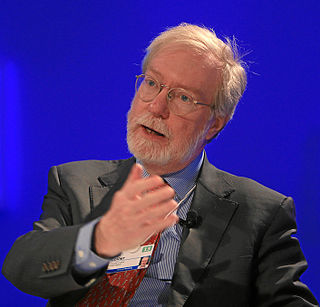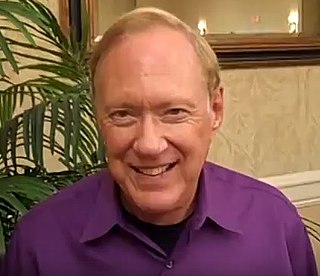A Quote by Myles Munroe
All societies establish laws that become norms. Those norms create the environment that incubates society. So, when you implement the laws of God in society, they produce a culture of heaven.
Related Quotes
If the world is an aggregate of relatively independent regions, then any assumption of universal laws is false and a demand for universal norms tyrannical: only brute force (or seductive deception) can then bend the different moralities so that they fit the prescriptions of a single ethical system. And indeed, the idea of universal laws of nature and society arose in connection with a life-and-death battle: the battle that gave Zeus the power over the Titans and all other gods and thus turned his laws into the laws of the universe.
Any profession should have norms around the issue you raise. And, in the words of the great economic thinker Albert Hirschman, we all owe a measure of loyalty to professional norms. But when the norms seem unhelpful or unproductive, one needs to speak up - to activate voice. And in the extreme, if the profession and one's colleagues seem estranged from a thoughtfully selected course of action, you need to consider the possibility of exit. Of course, if you knowingly violate norms or laws, you need to be prepared to face the consequences - or to lead a revolution!
Thirty years ago, interracial marriage was considered to be wrong by the laws of God. Now your society finds it common. The spiritual objections around it were either dropped or "rewritten" by those divinely inspired and authorized to do so. Therefore, your actual interpretations of the instructions from God changed with your society's tolerance level - an interesting thing, indeed, how the interpretations of God seem to change regularly to match a changing culture!
Legalizing pot would benefit society by first off having laws applicable to all, without those in control breaking the laws and making a mockery of our system. We need social justice. This requires laws equally applied to all. In addition, we could educate and rehabilitate the wrong doers. Not incarnate those misfortunate people for doubtful wrongs.
Our society is not held together primarily by law and its enforcement but most importantly by those who voluntarily obey the unenforceable because of their internalized norms of righteous or correct behavior. Religious belief in right and wrong is a vital influence to produce such voluntary compliance by a large number of our citizens.


































